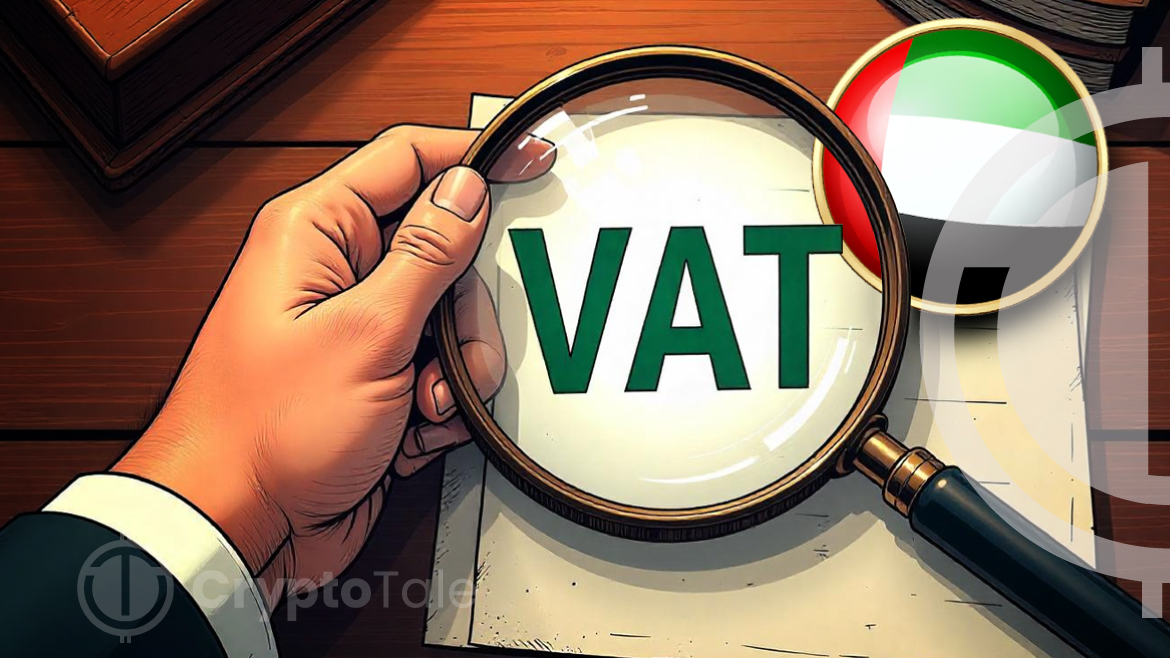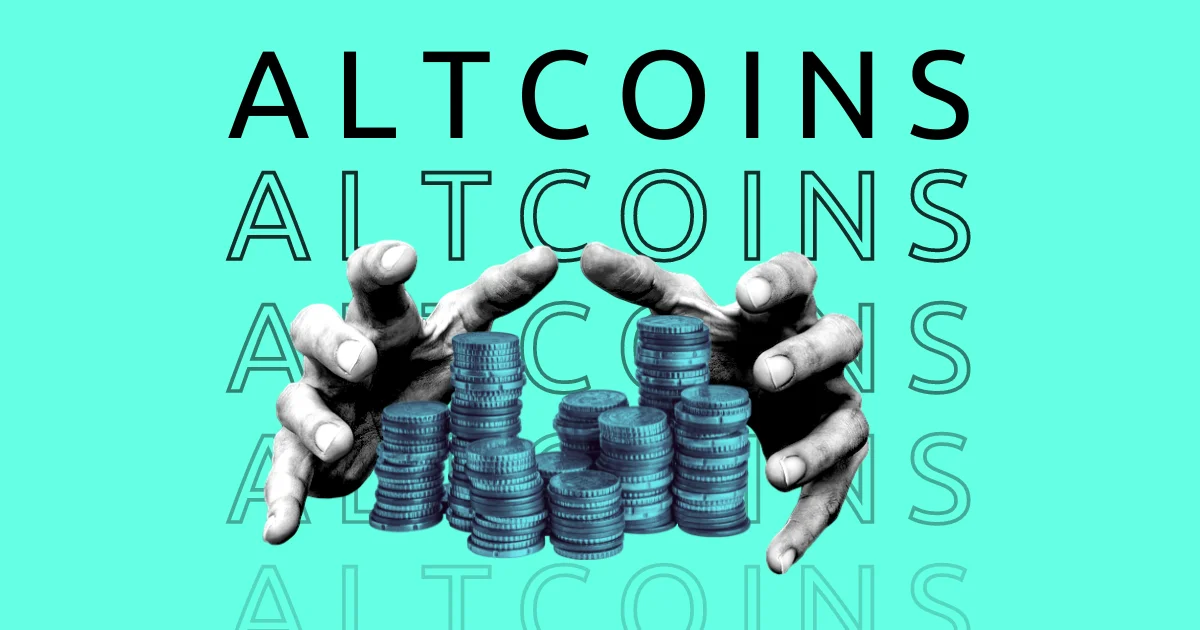The UAE’s Federal Tax Authority (FTA) has introduced key updates to its Value Added Tax (VAT) framework, which directly impact the growing cryptocurrency market. These changes are part of the revised Executive Regulation of Federal Decree-Law No. 8 of 2017. Effective from November 15, 2024, following Cabinet Decision No. 100 of 2024, the amendments bring clarity to VAT rules, especially in the area of virtual assets like cryptocurrencies. As the digital currency market expands, these updates are expected to reshape how crypto businesses manage VAT compliance and tax planning.
VAT Exemptions for Cryptocurrencies
One of the most significant changes is the VAT exemption for virtual assets, particularly crypto. Article 42 of the new regulation outlines that services involving the transfer of ownership or conversion of virtual assets are exempt from VAT. This adjustment provides relief and greater clarity for companies operating in the crypto industry. These exemptions will apply retroactively from January 1, 2018. As a result, businesses involved in cryptocurrency transactions over the past few years must review their VAT filings. Adjustments may be necessary to ensure compliance with the new rules.
For the first time, the UAE VAT regulations offer a clear definition of virtual assets. These assets are described as digital representations of value that can be traded or converted for investment purposes. This definition excludes fiat currencies or financial securities. By introducing this legal classification, the amendment solidifies the tax treatment of cryptocurrencies, providing certainty for businesses in this rapidly growing sector.
UAE’s SCA Probes Cardi B-Linked WAP Token for Crypto Fraud
Retrospective Impact on VAT Compliance
The VAT exemption for virtual asset services means crypto businesses must carefully review past tax returns. Companies involved in transferring or converting virtual assets since January 2018 may be eligible for VAT exemptions they had not previously considered. This may require filing voluntary disclosures to correct past VAT positions. By reviewing prior returns, businesses can ensure they align with the new regulations and recover any overpaid taxes.
This change will also affect how crypto businesses handle input tax recovery. Companies dealing with virtual assets should assess how the exemption impacts their ability to recover VAT. Since certain services are now outside the scope of VAT, it could change their overall tax liabilities. This is especially important for businesses that offer a mix of services, including those involving cryptocurrencies.
Regulatory Clarity for Crypto Firms
The updated VAT regulations offer new opportunities for businesses in the crypto sector. Exempting virtual asset transactions from VAT reduces the tax burden on these firms. This adjustment could attract more crypto companies to set up operations in the UAE. The clear legal framework provides a welcoming environment for digital currency businesses. This supports the UAE’s vision to position itself as a global leader in cryptocurrency and blockchain technology.
Specifically, the amendments make annual returns and tax compliance easier for companies in the virtual asset sector. In the same regard, they also exhibit much more financial advantage through VAT relieving. As these changes will take effect on November 15, 2024, it is now crucial for firms involved in cryptocurrency to take note and assess them. It is consequently noteworthy to assert that a compliance with the new structure of VAT can help businesses in UAE to adjust their strategies and position themselves to fit the country’s increasing market of digital assets.
UAE’s First Regulated Crypto
Adding to this development, the UAE is set to launch AE Coin, its first government-regulated cryptocurrency. AE Coin is a stablecoin, pegged to the UAE Dirham. It aims to play a key role in the country’s economy. With pre-approval from the UAE’s central bank, this signals the nation’s plan to integrate cryptocurrency into its financial system. Once fully approved, AE Coin is expected to revolutionize transactions for individuals and businesses. It will speed up payment processes through decentralization.
AE Coin will create new faster and more secure methods of making payments. Cross-border and domestic transactions will become smoother. The AE Coin creation corresponds with the UAE vision to become the global leader in crypto-currency. The UAE seeks to mash the decentralized feature of cryptocurrency with the stability of a fiat backed digital currency through a stablecoin pegged to the national currency.
This move is part of a broader pattern of crypto-friendly policies in the UAE. Earlier this year, the UAE’s Central Bank made headlines. It facilitated a $50 million digital dirham transaction with China via the mBridge platform. This demonstrated the practical use of digital currencies in international trade. It also showed the UAE’s growing strength in the global digital economy.
Crypto Adoption and Expansion in the UAE
The UAE has embraced cryptocurrency quickly and extensively. In January 2024, the mBridge project demonstrated the country’s ability to handle large, real-time digital currency transfers. The UAE Central Bank successfully sent $50 million worth of digital dirhams to China. This highlighted the potential for digital currencies in international trade. It was a major step toward the UAE’s goal of becoming a leader in digital finance.
Private sector players are also expanding their role in the UAE’s crypto ecosystem. In April 2024, Binance, the world’s largest cryptocurrency exchange, was licensed to operate in Dubai. This reflects the UAE’s open stance toward crypto innovation. The country offers a clear regulatory environment where businesses can thrive.
Crypto Fraud Ring Tied to Ex-Mayor Guo Shocks Philippines
The Future of Crypto in the UAE
The shift also gives effect to the change in the value added tax rate and forms part of the UAE’s plans for a pioneering crypto-future. Business people who are in the virtual asset market must ensure that they are aware of the new VAT laws. There are also VAT exemptions for cryptocurrency transactions that firms should consider. This could offer substantial financial benefits, especially for businesses handling large or high-value transactions.
The use of digital currencies should become even more frequent thanks to the launch of AE Coin. Being the first cryptocurrency, which has received the official status of the government of the UAE, AE Coin can be considered a significant achievement on the way to making the UAE a leader in the implementation of blockchain in the financial industry. The future listing of more businesses both domestic and foreign based might pressure them to consider cryptocurrency as an actual means of payment within the UAE.
Conclusion
The UAE’s updated VAT amendments mark a pivotal shift in the region’s cryptocurrency landscape. By exempting virtual assets from VAT, the new regulations offer substantial financial relief and regulatory clarity to businesses operating in the crypto space.
These changes are not only a step towards simplifying tax compliance but also a strategic move to attract more crypto firms to the UAE, further establishing the country as a global hub for digital assets. Coupled with the launch of AE Coin, a government-backed stablecoin, the UAE is well-positioned to lead the future of crypto and blockchain innovation.









